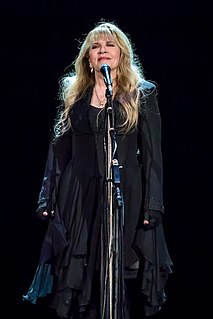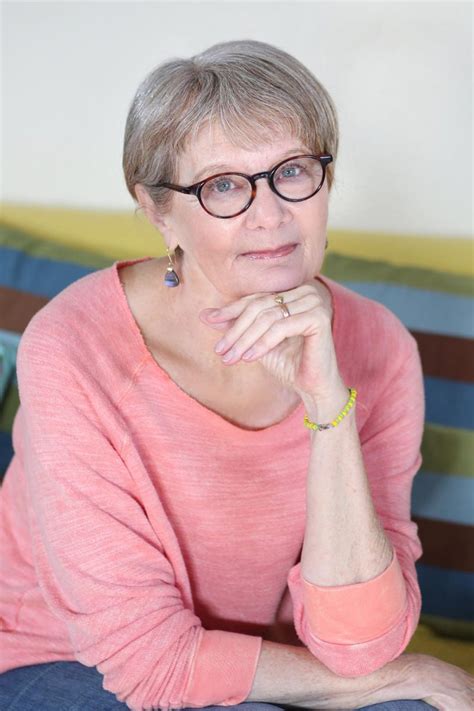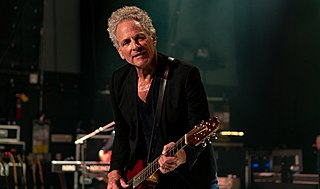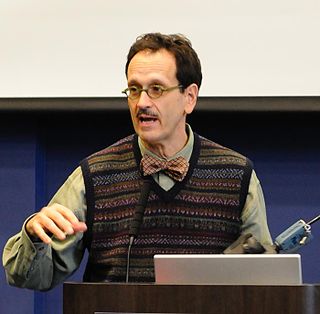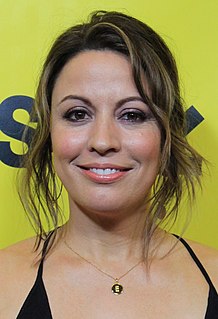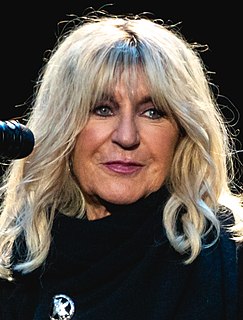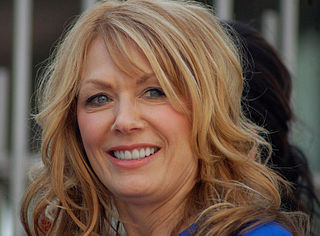A Quote by Stevie Nicks
When you're in a band with three writers, three great writers, you only get one third of the writer thing. So that's the whole reason that I did a solo career. And that's, you know, when I told Fleetwood Mac I was going to do that, they were of course terrified that I would do that record and then that I would quit.
Related Quotes
In company with people of your own trade you ordinarily speak of other writers' books. The better the writers the less they will speak about what they have written themselves. Joyce was a very great writer and he would only explain what he was doing to jerks. Other writers that he respected were supposed to be able to know what he was doing by reading it.
The weirdest thing to me is that magazines would never do this for their writers. They would never hire a writer who writes for another magazine; they want to have their own stable of writers. Newsweek would never hire a TIME writer, and TIME would never hire a Newsweek writer - but they would both hire the same photographer to shoot a cover for them.
I'd been on everybody else's show and there was always a preinterview. Somebody would come with a tape recorder and you'd talk for three or four hours, and they'd take it back and it would be transcribed, and it would be given to the writers, those many writers you see on all those shows, Larry King, Letterman, Leno, etc. And then they choose the answers that will be most evocative on their show.
When I discovered blues - I was 12-years-old - I didn't discover it in America where it was from; I discovered it from Fleetwood Mac - the original Peter Green Fleetwood Mac, Saveloy Brown - like British blues interpretations of it,' which then, when I started the liner notes and seeing all these names, I was like, 'Who's Willie Dixon?' Then I go to the record store and ask the guy there and he goes, 'Oh, you don't know anything.' And so, to me, that's the root of most of it anyway.
